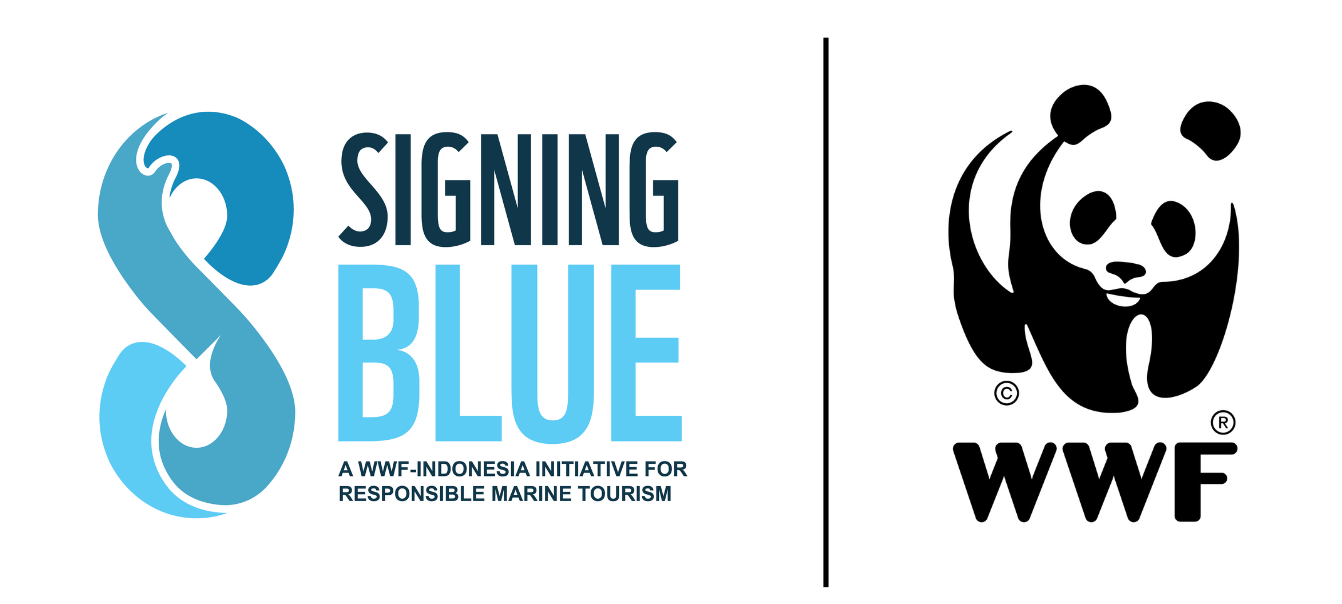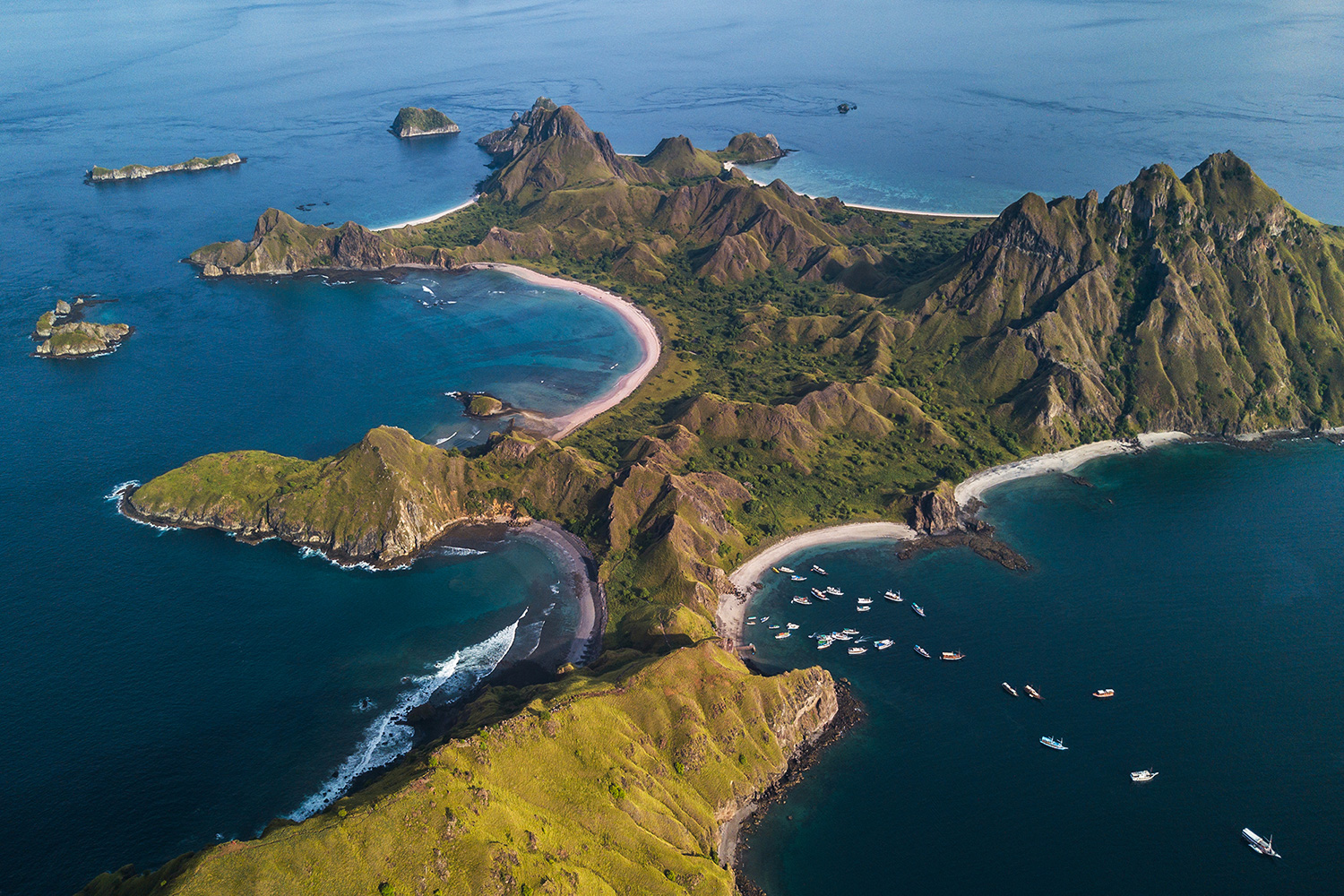Divine Diving Concentrate On Improving Understanding Of Maritime Tourism In Labuan Bajo
The development of tourism is increasingly becoming a challenge for all actors involved in it, not only the community that is an actor or government as a policy maker but tourism actors also have a great responsibility in protecting the environment, social and local culture in order to stay awake for the sustainability of the company's business certainly involves these three aspects.
The concept of understanding marine tourism has been initiated by WWF Indonesia since 2013 under the Signing Blue, Responsible Marine Tourism program and has been active since 2016. This program aims to help tourism actors improve their understanding of marine tourism to be more responsible.
Divine Diving, one of the Signing Blue member tour operators in Labuan Bajo, has been incorporated since 2018 and already has a high understanding of corporate responsibility towards the environment, social and culture in its workplace. This is evident from the results of the Signing Blue team's assessment and assessor on the performance of the Divine Diving business. In the first assessment Divine Diving has shown awareness and is willing to carry out responsible marine tourism activities by involving external parties (government, community, NGOs, guests and the public).
The percentage of compliance with environmental, socio-economic, and management principles increased from the first year assessment to the second year assessment. Improvement of compliance from the first year to the second year is 65% - 99%, Social Economic Culture (36% -80%), and Management from 91-98%.

When the second year Signing Blue assessment is conducted with interviews and observations, observations are adjusted to the Divine Diving trip. The Blue Signing Team and assessors visited 3 dive sites to assess their trip activities, namely Batu Bolong, Sebayur Besar and Manta Point. During diving, the dive guide understands how to give briefings to tourists and is able to explain the code of ethics on how to interact with protected animals and be able to collect data and information about manta rays and shark identities.
Responsibility is not only demonstrated in the pemahan of animals, but Divine Diving also made efforts in reducing the ecological footprint. Divine Diving has minimized the use of water in all activities and saves energy by using solar panels on ships. Divine Diving has included Standard Operating Procedures for the environment, promotion of responsible tourism material in its website content and applying WWF Indonesia's best practices guidelines in conducting its business.
Divine Diving also invites outsiders to engage in an understanding of the surrounding environment by being able to influence partners to jointly implement responsible marine tourism practices by organizing sharing sessions on location management areas, facilitating training on the impact of plastics on marine animals, stranded marine mammals, and is active in monitoring the Komodo National Park Area.
In the socio-economic principle, employees, especially divers, have implemented best practices by promoting tourism destinations and respecting local culture. Other best practices, they are able to work with local partners and recommend local shops, travel agents, hotels and other supporting businesses through the Diving Diving website, even Divine Diving also helps local communities by selling local handicrafts and buying company operations from the community local.
Signing Blue is targeting Diving Diving can reach Starfish 5, which is fully concerned with the sustainability and understanding of marine tourism both internal and external together with partners.

